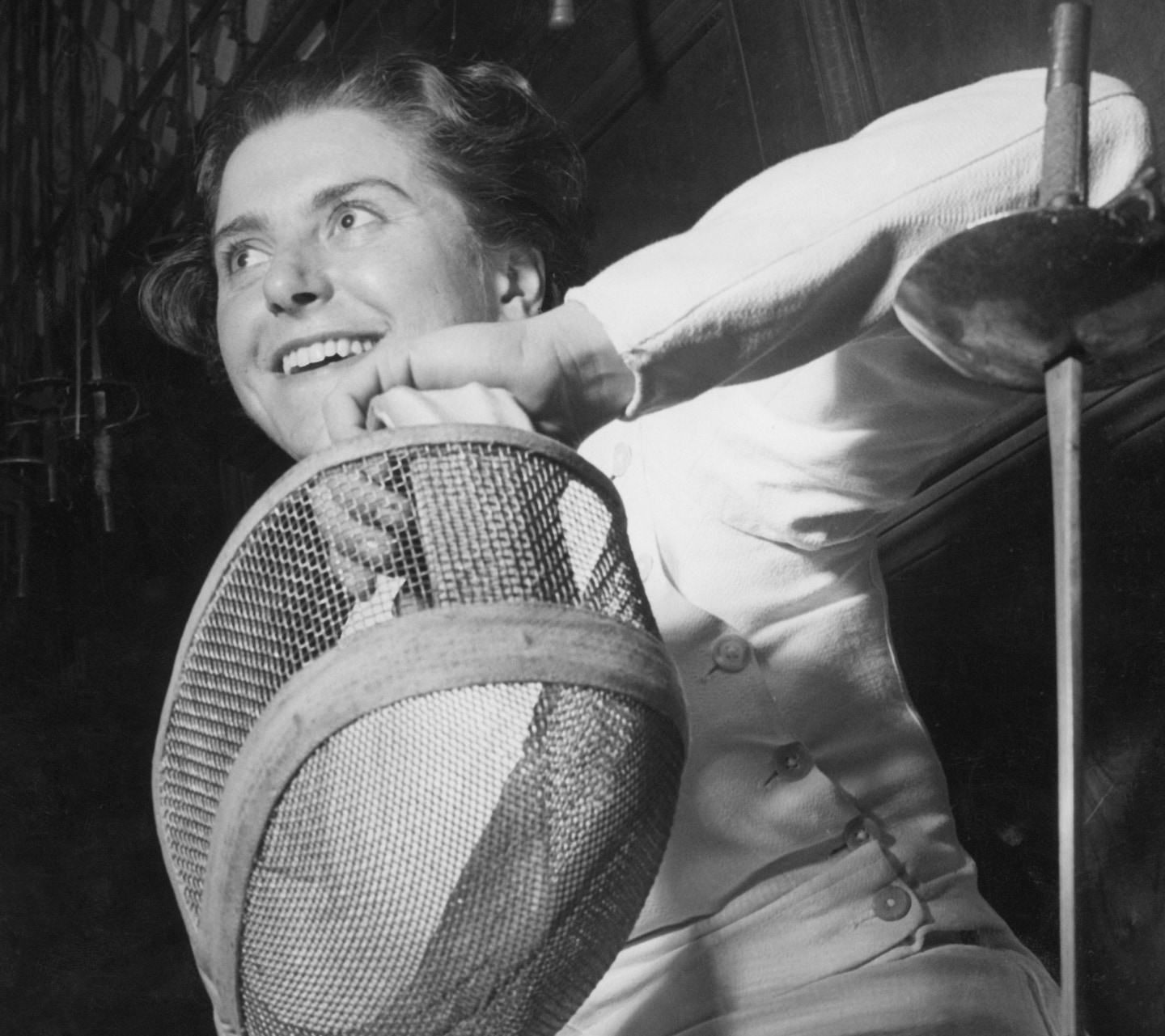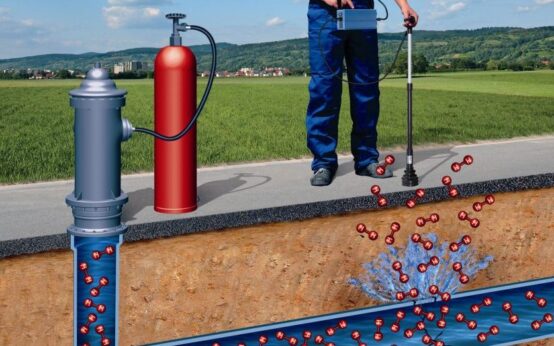Ms. Camber was 8 years old when she first picked up a fencing foil at a club in her native Trieste, a city on the Adriatic coast of northeastern Italy. The first women’s fencing event had been added to the Olympics a decade earlier, at the 1924 Paris Games, but at the time the sport, which is descended from duels, remained largely the domain of men.
As a young girl entranced by the lunges and parries she watched at the club, Ms. Camber benefited from the liberality of her city, which had once been a hub of cultural exchange as the main port of the Austro-Hungarian Empire, as well as from the open-mindedness of her parents. They allowed her and her sister, like their brother, to train in fencing. Practicing in a skirt and with her hair in braids, young Irene became the best in the family.
Ms. Camber’s parents also encouraged her in her studies. She enrolled at the University of Padua, where, in the 1940s, she was among the first women in Italy to receive a degree in industrial chemistry, according to reports in the Italian media. She continued fencing in Padua, where she trained under a revered teacher, Guido Comini, often competing against men.
In fencing, “my head has to command to my arm and to my body to do a certain action, and this has to be done faster and better than the opponent,” said Franco Luxardo, who also trained under Comini and who founded the Trofeo Luxardo, an annual international fencing competition in Padua.
Luxardo, 88, who is also a former chairman of his family’s namesake distillery, once saw Ms. Camber compete when they were young and recalled her as “very elegant.”
She had her first opportunity to fence in the Olympics at the London Games in 1948. The reigning gold medalist in women’s foil — the only event in which female fencers were allowed to compete at the time — was Ilona Elek, a Hungarian who had triumphed at the 1936 Berlin Games. (The 1940 and 1944 Olympics were canceled because of World War II.)
Elek, one of the best female fencers of her time, defended her title in London. But four years later in Helsinki, Elek, by then age 45, proved unable to best Ms. Camber, then 26.
“The fight-off was a desperate affair which went to three-all before Camber scored the decisive hit by a beautifully executed direct attack on preparation,” Charles de Beaumont, a British Olympic fencer, wrote in a report published shortly thereafter in the fencing magazine The Sword.
(Interpreting de Beaumont’s description of Ms. Camber’s winning move, Richard Cohen, a historian of fencing, explained it as “a simple direct lunge as her opponent was preparing to attack her.”)
“Irene Camber fenced with tremendous courage and well above her previous form,” de Beaumont continued. “She gave a delightful exhibition of tenacity combined with good humour and sportsmanship, and it was refreshing to see a fencer who could smile when within one hit of becoming Olympic champion.”
Ms. Camber declined to compete in the Melbourne Olympics in 1956, the year she was married, but returned to the 1960 Games in Rome, where she helped lead the Italian women’s foil team to a bronze medal. She competed in her final Olympics in Tokyo in 1964, where the Italian women’s team placed fourth.
In addition to her Olympic medals, Ms. Camber won a world fencing championship in Brussels in 1953 and a team world championship in Paris in 1957, according to the European Fencing Confederation.
As the first Italian woman to win a gold medal in fencing, Ms. Camber was credited with inspiring generations of Italian fencers who followed her, among them the Olympic gold medalists Valentina Vezzali and Giovanna Trillini, two of the most successful female fencers in the history of the Olympics.
Ms. Camber credited her style in competition to her father, a poet and soldier who served in both world wars. “He said,” she recalled, “that in life, as in fencing, one must be loyal and upstanding, and never cheat.”
Irene Camber was born in Trieste on Feb. 12, 1926. She was 15 when her father died of a heart attack in 1941 while serving in Albania, which at the time was occupied by fascist Italy. Her mother, a homemaker, volunteered with the Red Cross during World War II.
Speaking to the Italian newspaper Il Giorno in 2021, Ms. Camber sought to deflect the attention paid to her for her study of chemistry at a time when few Italian women entered the sciences. “It was all very natural,” she said. “You just have to apply yourself … as in fencing.”
She said she loved her sport in large part because competition allowed her to travel the world when many Italian women did not have such opportunities.
After her studies in Padua, Ms. Camber worked for more than a decade for Montecatini, a major Italian chemical firm.
Her husband died in 2014 after nearly six decades of marriage. Survivors include three sons, Fabio Corno of Monza, Italy; Giulio Corno of Lissone; and Giorgio Corno of Lissone and London; eight grandchildren; and four great-grandchildren.
Generations would pass after Ms. Camber’s retirement from fencing before women were invited fully into the sport, whose weapons include the épée and the saber in addition to the foil. Women’s épée was introduced at the 1996 Games in Atlanta and the saber at the Athens Games in 2004.
Until nearly the end of her life, Ms. Camber would often attend fencing competitions in Italy. Margherita Granbassi, a fellow fencer from Trieste who won two bronze medals in Beijing in 2008, recalled once seeing Ms. Camber from afar, tracing her moves in the air. It was as if she, too, had a foil in hand, calculating “what I would have to do to win,” Granbassi said.
If Ms. Camber had one word of advice for younger fencers, it was this: “I say, be patient and determined,” she remarked, “as our sport is a long challenge with oneself.”


 Best Underground Water Leak Detection Equipment 2024
Best Underground Water Leak Detection Equipment 2024  Best Backyard Ideas: Turn Your Outdoor Area Into a Creative and Calm Haven
Best Backyard Ideas: Turn Your Outdoor Area Into a Creative and Calm Haven  Babar, Rizwan are good players but not whole team, says Mohammad Hafeez
Babar, Rizwan are good players but not whole team, says Mohammad Hafeez  Pak vs NZ: Green Shirts aim to bounce back against Kiwis today
Pak vs NZ: Green Shirts aim to bounce back against Kiwis today